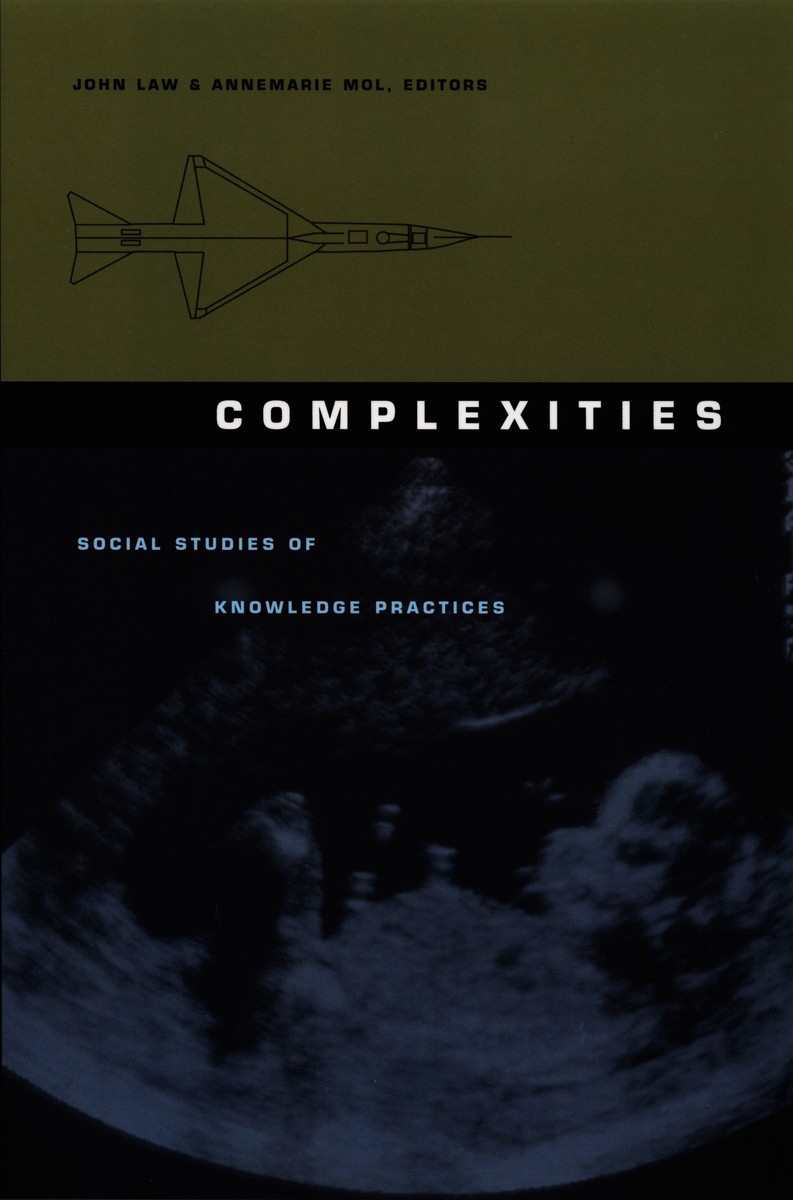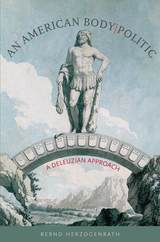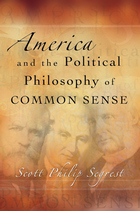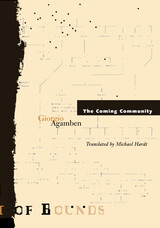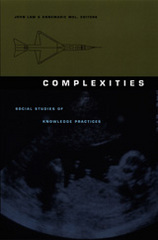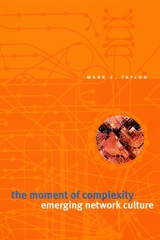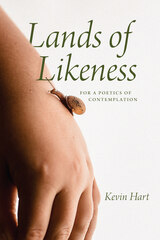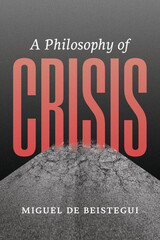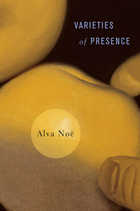Complexities: Social Studies of Knowledge Practices
Duke University Press, 2002
Cloth: 978-0-8223-2831-5 | Paper: 978-0-8223-2846-9 | eISBN: 978-0-8223-8355-0
Library of Congress Classification B105.C473C65 2002
Dewey Decimal Classification 001
Cloth: 978-0-8223-2831-5 | Paper: 978-0-8223-2846-9 | eISBN: 978-0-8223-8355-0
Library of Congress Classification B105.C473C65 2002
Dewey Decimal Classification 001
ABOUT THIS BOOK | AUTHOR BIOGRAPHY | REVIEWS | TOC | REQUEST ACCESSIBLE FILE
ABOUT THIS BOOK
Although much recent social science and humanities work has been a revolt against simplification, this volume explores the contrast between simplicity and complexity to reveal that this dichotomy, itself, is too simplistic. John Law and Annemarie Mol have gathered a distinguished panel of contributors to offer—particularly within the field of science studies—approaches to a theory of complexity, and at the same time a theoretical introduction to the topic. Indeed, they examine not only ways of relating to complexity but complexity in practice.
Individual essays study complexity from a variety of perspectives, addressing market behavior, medical interventions, aeronautical design, the governing of supranational states, ecology, roadbuilding, meteorology, the science of complexity itself, and the psychology of childhood trauma. Other topics include complex wholes (holism) in the sciences, moral complexity in seemingly amoral endeavors, and issues relating to the protection of African elephants. With a focus on such concepts as multiplicity, partial connections, and ebbs and flows, the collection includes narratives from Kenya, Great Britain, Papua New Guinea, the Netherlands, France, and the meetings of the European Commission, written by anthropologists, economists, philosophers, psychologists, sociologists, and scholars of science, technology, and society.
Contributors. Andrew Barry, Steven D. Brown, Michel Callon, Chunglin Kwa, John Law, Nick Lee, Annemarie Mol, Marilyn Strathern, Laurent Thévenot, Charis Thompson
Individual essays study complexity from a variety of perspectives, addressing market behavior, medical interventions, aeronautical design, the governing of supranational states, ecology, roadbuilding, meteorology, the science of complexity itself, and the psychology of childhood trauma. Other topics include complex wholes (holism) in the sciences, moral complexity in seemingly amoral endeavors, and issues relating to the protection of African elephants. With a focus on such concepts as multiplicity, partial connections, and ebbs and flows, the collection includes narratives from Kenya, Great Britain, Papua New Guinea, the Netherlands, France, and the meetings of the European Commission, written by anthropologists, economists, philosophers, psychologists, sociologists, and scholars of science, technology, and society.
Contributors. Andrew Barry, Steven D. Brown, Michel Callon, Chunglin Kwa, John Law, Nick Lee, Annemarie Mol, Marilyn Strathern, Laurent Thévenot, Charis Thompson
See other books on: Complexity (Philosophy) | Epistemology | Knowledge, Sociology of | Smith, Barbara Herrnstein | Weintraub, E. Roy
See other titles from Duke University Press
